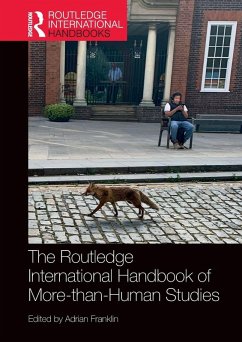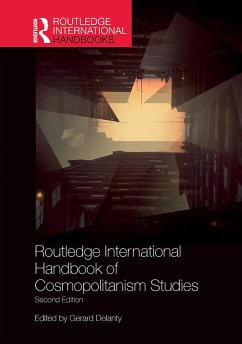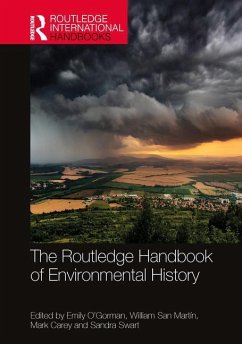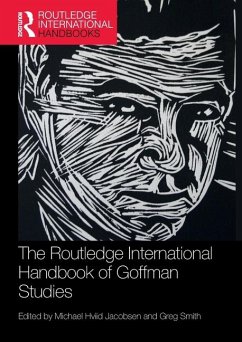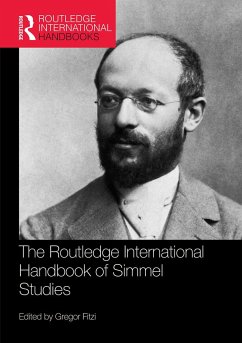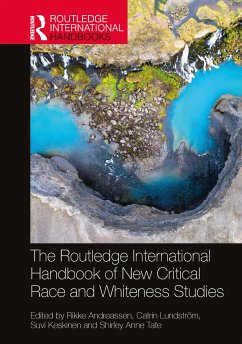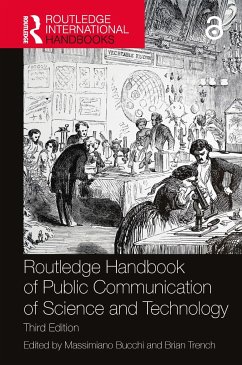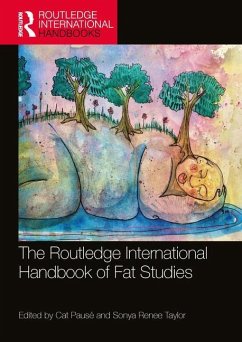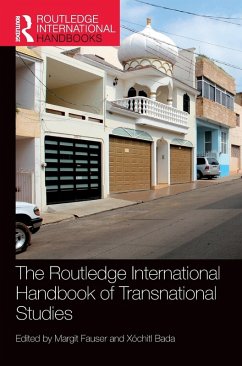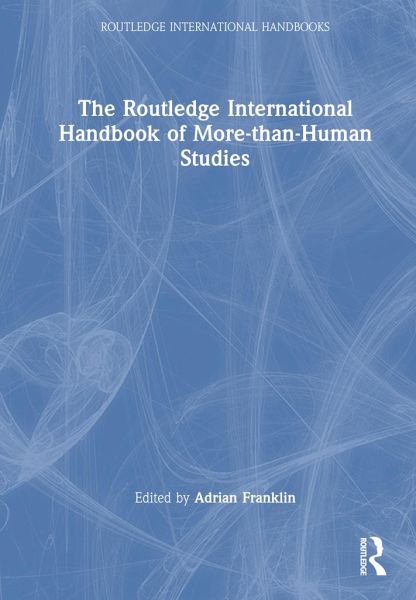
The Routledge International Handbook of More-than-Human Studies
Versandkostenfrei!
Versandfertig in 6-10 Tagen
245,99 €
inkl. MwSt.
Weitere Ausgaben:

PAYBACK Punkte
123 °P sammeln!
This volume provides a state-of-the-art overview of the field of more-than-human studies, bringing together contemporary and essential content from leading authors across the discipline. With attention to the intellectual history of the field, its developments and extensions, its applications and its significance to contemporary society, it presents empirical studies and theoretical work covering long-established disciplines, as well as new writing on art, history, politics, planning, architecture, research methodology and ethics. An elaboration of the various dimensions of more-than-human stu...
This volume provides a state-of-the-art overview of the field of more-than-human studies, bringing together contemporary and essential content from leading authors across the discipline. With attention to the intellectual history of the field, its developments and extensions, its applications and its significance to contemporary society, it presents empirical studies and theoretical work covering long-established disciplines, as well as new writing on art, history, politics, planning, architecture, research methodology and ethics. An elaboration of the various dimensions of more-than-human studies, The Routledge International Handbook of More-than-Human Studies constitutes essential reading for anyone studying or researching in this field.





